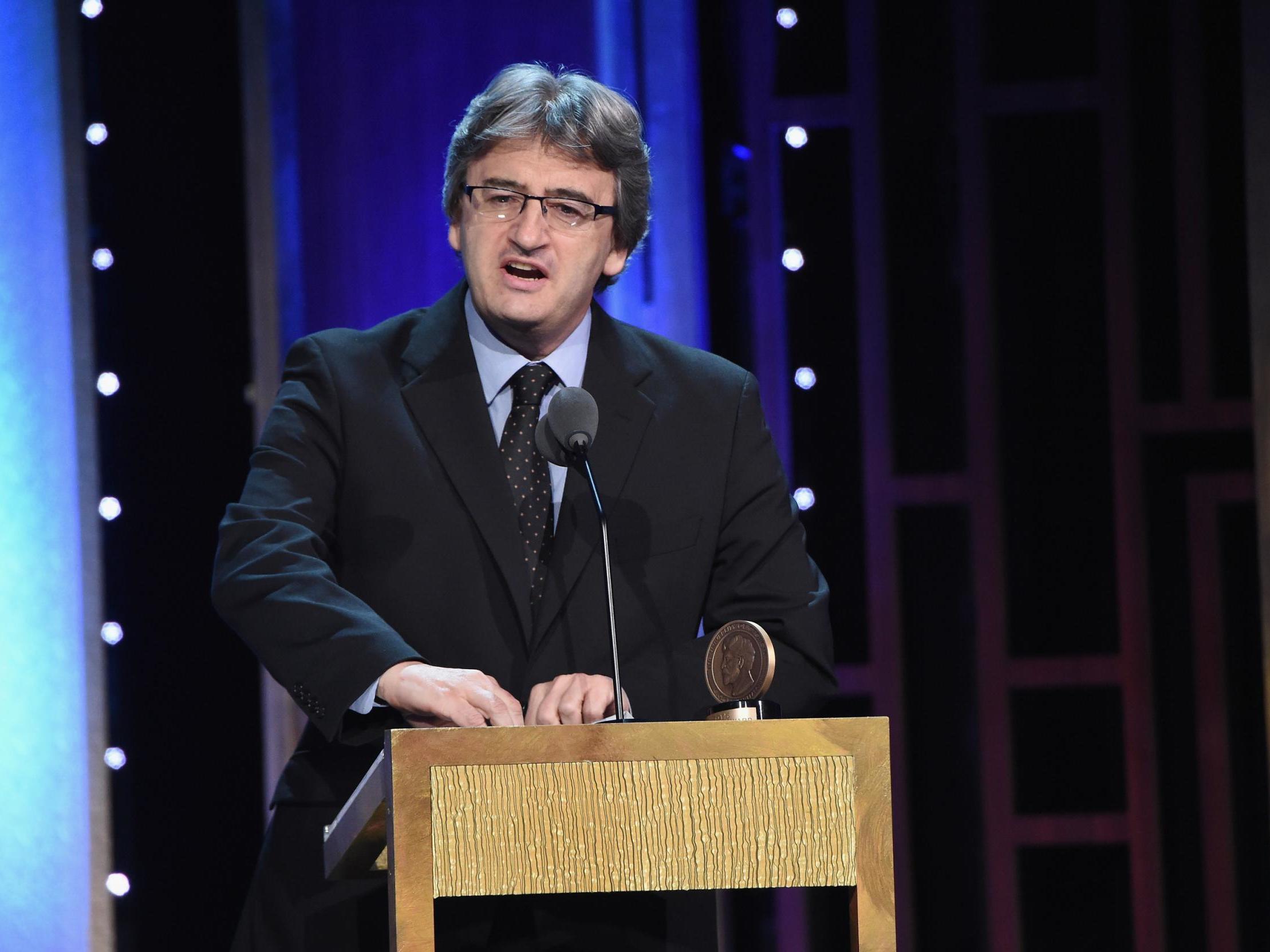Fergal Keane: BBC’s Africa editor to step down over PTSD from decades of war reporting
Colleagues praise honesty of award-winning journalist who will take on new role away from frontline

Your support helps us to tell the story
This election is still a dead heat, according to most polls. In a fight with such wafer-thin margins, we need reporters on the ground talking to the people Trump and Harris are courting. Your support allows us to keep sending journalists to the story.
The Independent is trusted by 27 million Americans from across the entire political spectrum every month. Unlike many other quality news outlets, we choose not to lock you out of our reporting and analysis with paywalls. But quality journalism must still be paid for.
Help us keep bring these critical stories to light. Your support makes all the difference.
The veteran BBC reporter Fergal Keane has stood down from his role as Africa editor because he has post-traumatic stress disorder (PTSD).
In a statement to BBC staff, the corporation’s head of newsgathering, Jonathan Munro, said Mr Keane had been managing the effects of PTSD for several years, having spent decades covering conflict zones.
“He has been supported throughout this time by friends and colleagues in News, as well as receiving professional medical advice,” Mr Munro wrote.
“However, he now feels he needs to change his role in order to further assist his recovery.”
Mr Keane joined the BBC in 1989 and shot to prominence while reporting from South Africa during its transition from apartheid to democracy. He also covered the 1994 Rwandan genocide.
He has won a number of awards, including the Royal Television Society’s Journalist of the Year and a Bafta for his documentary on Rwanda.
Mr Munro said the BBC was now working out a new role for the widely respected journalist in which he will continue to “provide original and compelling journalism”.
“He has brought huge insight, experience and thoughtfulness to the role [as Africa editor], covering a wide range of stories across the continent.”
The statement also praised Mr Keane for agreeing to publicise his mental health struggles.
“It is both brave and welcome that he is ready to be open about PTSD,” Mr Munro wrote.
Mr Keane is not the first BBC journalist to open up about the emotional toll of reporting from war-torn parts of the world.
In 2017, Middle East expert Jeremy Bowen told the Radio Times that he too had experienced symptoms of PTSD after his car came under fire from the Israeli army while he was covering a war in Lebanon in 2000. Mr Bowen’s “fixer” Abed Takkoush died in the incident.
“You have to learn how to control it,” Mr Bowen told the magazine. “I don’t mind telling you I’ve suffered from depression and a lot of it has related to things that have cropped up in my working life.
“When Abed was killed, I had the symptoms of PTSD for a while. It’s really hard.”
One study in 2015 found that journalists who had covered conflict were five times more likely to experience PTSD than average, with rates similar to those found among soldiers.
Subscribe to Independent Premium to bookmark this article
Want to bookmark your favourite articles and stories to read or reference later? Start your Independent Premium subscription today.
Join our commenting forum
Join thought-provoking conversations, follow other Independent readers and see their replies
Comments